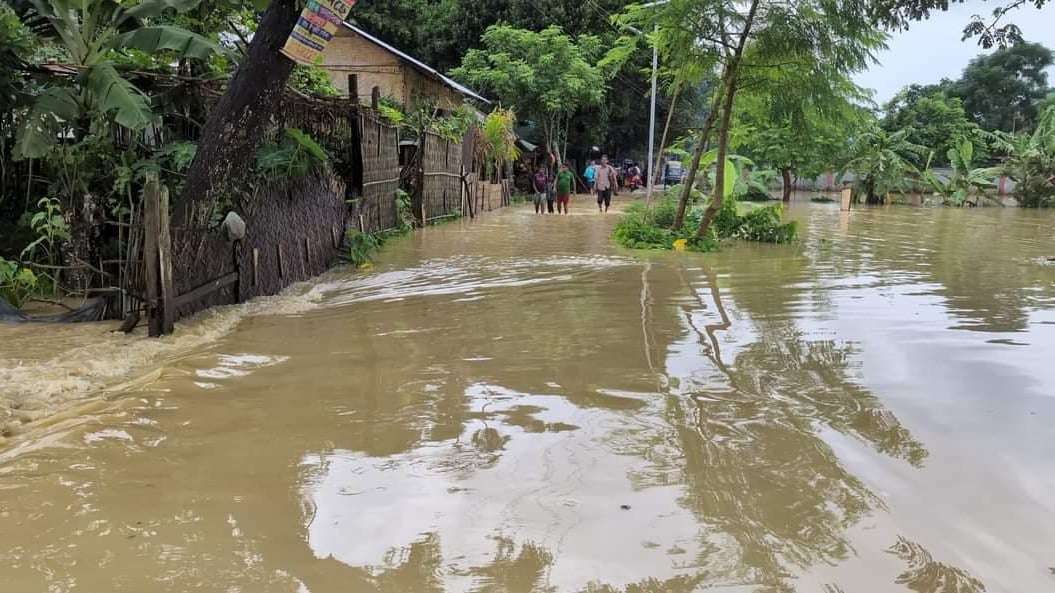News Flash
News Flash

DHAKA, Oct 13, 2025 (BSS) - The per capita climate debt in Bangladesh is about $80, which is more than three times the average of the least developed countries.
However, Bangladesh is not responsible for carbon emissions, yet it is suffering its consequences.
Speakers said this at a view-sharing meeting today organized by the Bangladesh Environmental Journalists Forum and Change Initiative at the Jatiya Press Club today.
This loan-based assistance is practically endangering the country's climate policy and fiscal policy.
The Change Initiative has prepared a climate risk debt index for 55 least developed countries in the world. Based on this index, different countries will be able to provide detailed information on debt risks at the global climate negotiations, said a press release.
The index prepared by this Bangladeshi organization will play an effective role in climate negotiations between developed and developing countries.
Zakir Hossain Khan, Managing Director of Change Initiative, said that the least developed countries are responsible for only 3.3 percent of global warming, but 70 percent of its adverse effects fall on these countries. Around 95 percent of the money received from the Climate Fund is loan, only 5 percent is grant.
In other words, the least developed countries are burdened with debt and paying for the global warming created by developed countries.
Tanmoy Saha presented the Climate Debt Risk Index at the meeting held with Bangladesh Environmental Journalists Forum President Mustafa Kamal Majumdar in the chair.
The Climate Trust Fund in Bangladesh is on the decline. Where initially Taka 700 crore was earmarked annually, but now it has come down to Taka 100 crore. This has happened due to wastage and mismanagement of the fund money. Several hundred crores of taka of the Trust Fund were deposited to the Farmers Bank (Padma Bank) despite the prohibition and it was misappropriated.
Zakir Hossain Khan said that the people of Bangladesh are paying 7 billion dollars a year for natural disasters.
In such a situation, Bangladesh has to bring the issue of natural protection into the climate debate. “We have to talk about the need for oxygen and minimum water for survival. These are not negotiable at all,”
He said that the World Bank and other multilateral banks have to create an Earth-Solidarity Fund. A carbon tax has to be levied for pollution. More sources of funds have to be found for the climate, he added.